FAQs for Government
Want to read other user-specific FAQs?
Can a community college apply to become a Department-designated sponsor? If yes, what categories would they use to sponsor the placement of exchange visitors at local STEM businesses?
Yes, community colleges are eligible to apply for Department designation to become an Exchange Visitor Program sponsor. Details on applying for designation are available here: https://j1visa.state.gov/sponsors/become-a-sponsor/. Regardless of the sponsor type, the J-1 categories eligible for the STEM Research Initiative include College and University Student (Student Intern and Academic Training), Intern, Trainee, Specialist, Short term Scholar, Professor or Research Scholar.
Can a consortium, such as an industry association of member companies, a chamber of commerce, a state association of community colleges, or innovation development organization, obtain its own designation or otherwise utilize the STEM Research Initiative as a consortium?
Yes. A chamber of commerce, economic development agency, industry trade group, or private corporation could help build capacity for its members by underwriting the cost of becoming its own designated J-1 program sponsor or creating its own hub with an existing designated sponsor. Details on applying for designation are available here:
Can a Department-designated university sponsor collaborate with local universities who are not Department-designated e.g., a local community college, to facilitate STEM exchanges on their campus? What about the placement of STEM exchange visitors off of the partner’s campus but within their network of area STEM businesses?
Responsible Officers have the discretion to request “Permission to Issue” Forms DS-2019 from the Department on behalf of non-designated academic or research institutions if sponsors determine such placements support the purpose of BridgeUSA, and the applicants and proposed institutions meet all eligibility and program requirements set forth in 22 CFR Part 62 BridgeUSA Regulations. The Department created Guidance Directive 2019-02 Permission to Issue in the Exchange Visitor Program to provide sponsors additional information on this process. Sponsors may coordinate with other academic institutions to identify viable host organizations for their exchange visitors; however, they may not abdicate their responsibility for ensuring the host organization meets all regulatory requirements prior to placement. In addition, any exchange visitors placed through this process will remain the responsibility of the sponsoring university. Additionally, sponsors must ensure that SEVIS and the exchange visitor’s Form DS-2019 reflects the actual site of activity (i.e., the STEM business).
Can research scholars conduct their research off-campus at more than one site of activity (STEM organization)?
Yes. Research scholars may be placed off campus at multiple sites of activity (STEM organizations) if their program objectives remain the same. Sponsors will need to first ensure that each host organization meets the relevant regulatory requirements and goals of the Exchange Visitor Program and that the necessary infrastructure is in place to host and support the research scholar. Please note that sponsors and host organizations are required to monitor the exchange visitor’s progress at each host organization, and all sites of activity should be listed in SEVIS.As a reminder, 22 C.F.R. ¬ß 62.10(d)(4) requires sponsors to report in SEVIS within ten business days any change in the exchange visitor’s current physical U.S. address, telephone number, email address, and/or primary site of activity.
Can you please provide some concrete examples of off-campus STEM placements in the Intern Category?
Below are some concrete examples of how sponsors are implementing the STEM initiative in the Intern category, based on a March 2023 data snapshot. All exchange visitors are on a STEM exchange connected to a Classification of Instructional Programs (CIP) code on the DHS STEM Designated Degree Program List.
- An agricultural consulting firm partners with a university to host a plant protection and integrated pest management Intern from Guatemala.
- Through a partnership with a university, a seed company hosts an Intern focused on agricultural and horticultural plant breeding.
- Through their connections with a business association, an automotive and power generation company hosts a Trainee from Germany in the field of mechanical engineering and manufacturing.
- A healthcare research corporation hosts an image processing and algorithm development Intern from the Netherlands.
- A solar power and energy storage company hosts an Intern from Ireland in the field of energy systems engineering.
- A zoo partners with a cultural exchange organization to host a wildlife biology Intern from the United Kingdom.
- A dairy production farm partners with a university to host a dairy science Intern from Haiti.
